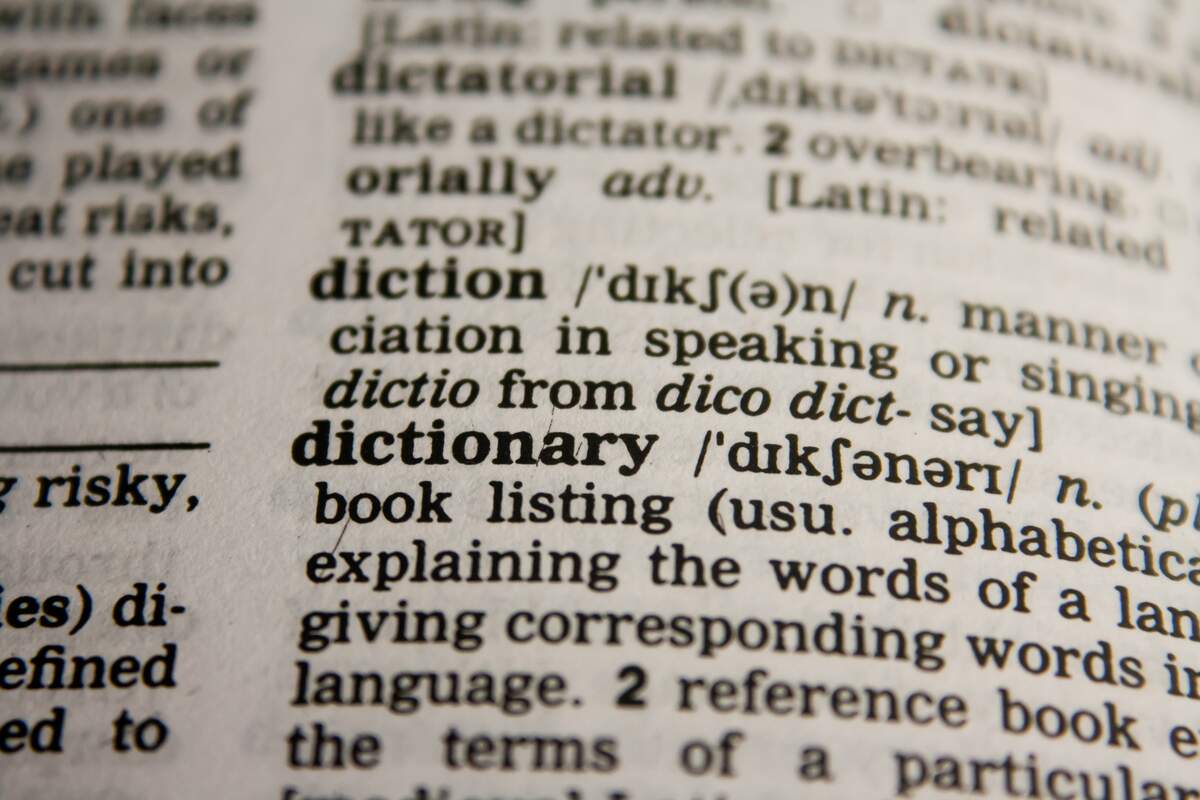
Ever wondered why some folks are so keen on flexing their vocabulary muscles, throwing around words that sound like they belong in a Shakespeare play? Well, there's actually a day dedicated to celebrating those linguistic gymnastics: Big Word Day on April 21st. Yes, Big Word Day is a real thing! It's a day when word enthusiasts and logophiles unite to appreciate the beauty and complexity of the English language. From the longest words that you'd need a breath and a half just to pronounce, to those obscure terms that you'd likely only encounter in a spelling bee, this day has it all. So, why do we celebrate such an unusual day, and what makes it so special? Let's dive into the world of sesquipedalian love (that's a big word for "the use of long words") and uncover some fascinating facts about Big Word Day.
Key Takeaways:
- Big Word Day, celebrated on April 21st, encourages people to learn and use new, big words to enhance their vocabulary and communication skills. It's a fun way to appreciate the power and beauty of language.
- By reading extensively, playing word games, and using word of the day apps, Big Word Day can motivate language enthusiasts and promote cultural exchange through the love of words.
What is Big Word Day?
Celebrated every April 21st, Big Word Day encourages people to expand their vocabulary by learning and using new, big words. It's a day dedicated to the appreciation of linguistic diversity and the richness of language. Whether for personal growth, enhancing communication skills, or just for fun, this day serves as a reminder of the power and beauty of words.
Why Celebrate Big Word Day?
-
Enhances Vocabulary: Participating in Big Word Day activities can significantly expand your vocabulary. Learning new words not only makes communication more effective but also enriches your understanding of the world.
-
Improves Communication Skills: With a broader vocabulary, you're better equipped to express thoughts and ideas more precisely. This precision in language can lead to more meaningful conversations and clearer communication.
-
Encourages Lifelong Learning: Big Word Day promotes the idea that learning, especially language learning, is a continuous process. It encourages curiosity and the pursuit of knowledge at any age.
How to Celebrate Big Word Day
-
Read Extensively: Books, especially those outside your usual genres, are treasure troves of new words. Reading is one of the best ways to encounter and learn vocabulary you might not come across in daily conversations.
-
Play Word Games: Engage in word games like Scrabble, Boggle, or crossword puzzles. These games challenge you to think about words differently and can introduce you to new terms in a fun setting.
-
Use a Word of the Day App: Many apps offer a "word of the day" feature. These can be a convenient and easy way to learn a new word daily, especially leading up to Big Word Day.
Impact of Big Word Day on Language Learning
-
Motivates Language Enthusiasts: For those passionate about languages, Big Word Day serves as an annual motivation to delve deeper into the study of words and their origins. It's a day that celebrates linguistic curiosity and achievement.
-
Promotes Cultural Exchange: Words often carry cultural significance. Learning new words from different languages can promote understanding and appreciation of diverse cultures. Big Word Day, therefore, acts as a bridge, fostering cultural exchange and global connection through the love of words.
A Final Nod to Big Word Day
Celebrating Big Word Day isn't just about tossing around long, complicated words to impress others. It's a day that encourages us to dive into the richness of the English language, explore new vocabularies, and appreciate the beauty and precision words can bring to our communication. Whether you're a logophile or just curious about expanding your linguistic horizons, April 21st offers a perfect opportunity to embrace the diversity and complexity of words. So, why not challenge yourself and others to learn a few big words? It's a fun, engaging way to enhance your language skills, enrich your conversations, and maybe even discover new ways to express your thoughts and feelings. Let's keep the tradition alive, celebrate linguistic diversity, and make every word count!
Frequently Asked Questions
Was this page helpful?
Our commitment to delivering trustworthy and engaging content is at the heart of what we do. Each fact on our site is contributed by real users like you, bringing a wealth of diverse insights and information. To ensure the highest standards of accuracy and reliability, our dedicated editors meticulously review each submission. This process guarantees that the facts we share are not only fascinating but also credible. Trust in our commitment to quality and authenticity as you explore and learn with us.
